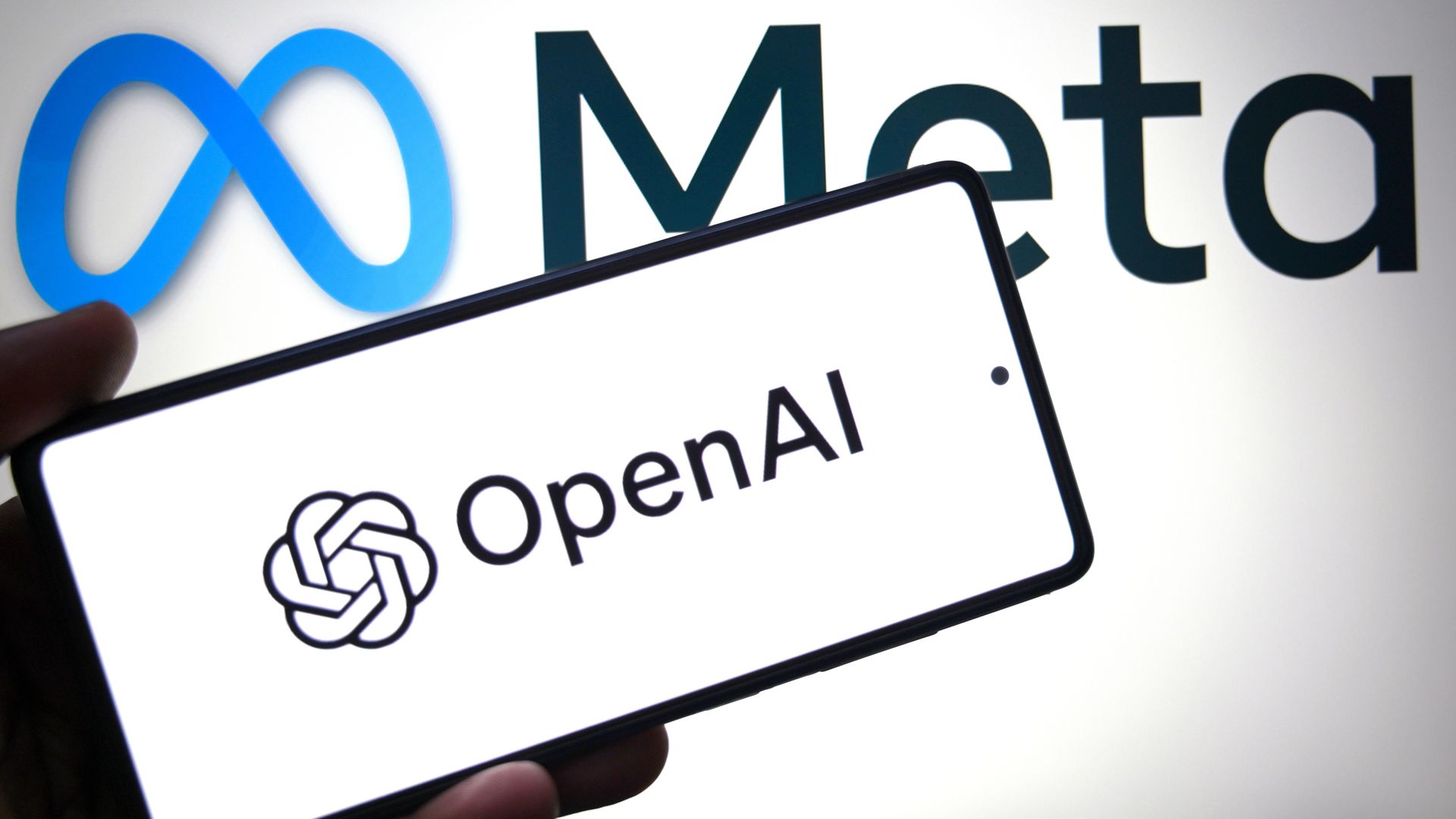The Hidden Cost of Politeness to Artificial Intelligence
Artificial Intelligence (AI) has become an integral part of our daily lives, whether we love it or hate it. From checking the weather to setting alarms, AI is embedded in countless tasks that make our lives easier. In addition, humans often bring their everyday communication skills into these interactions, including using phrases like “please” and “thank you.”
In February 2025, a report revealed that 55% of users admitted being polite to chatbots “because it’s the right thing to do,” while 12% feared a robot uprising. However, this politeness comes with a hidden cost—millions of dollars in electricity and the depletion of already limited water supplies.
Sam Altman, CEO of OpenAI, which developed ChatGPT, recently mentioned on Twitter that it costs “tens of millions of dollars” in electricity for every person who greets or thanks AI. Additionally, AI consumes significant amounts of water. It has been reported that one AI search uses approximately 16 ounces (0.5 liters) of water. This is because the electricity required to power data centers often comes from power plants that use large quantities of water for cooling towers and air mechanisms to keep servers at optimal temperatures.
The more searches performed, the more energy is consumed, and the more water is needed to cool the servers. It is estimated that nine liters of water evaporates for every kilowatt-hour (kWh) of energy used. These figures highlight the environmental impact of our digital interactions.
The Social Impact of Politeness
Being polite to AI is not just about being kind—it also has a broader effect on our social skills when interacting with other humans. Jagdish Khubchandani, a professor of public health at New Mexico State University, explained that in today’s stressful and divided world, good communication and civility have suffered, especially since the start of the COVID-19 pandemic. He noted that being polite reinforces positive behaviors, regardless of whether we are talking to AI, another machine, or a human being.
“Politeness is a practice of kindness, empathy, and patience, especially in a world where we tend to react rather than respond in a measured way,” he said. “It requires greater thinking, diligence, and reflection, which can improve our morale, self-esteem, and mood states. Beyond AI, our politeness may influence home and work cultures through spillover effects on others.”
Shaping AI Through Interaction
Our interactions with AI also shape how it responds and learns. Matt and Joy Kahn, hosts of The Timing Effect Podcast, explained that “how we interact with AI shapes the intelligence it reflects. When we approach with politeness, care, or reverence, the patterning of the AI responds accordingly.”
They added, “But it’s not just about changing the AI. Each time we choose relational presence over transactional use, we reinforce neural patterns of compassion, patience, and respect. In essence, we rehearse being more human.”
The Broader Implications
This ongoing dialogue between humans and AI raises important questions about the future of technology and its role in shaping human behavior. As AI becomes more advanced, the way we interact with it will likely influence not only its development but also our own social norms and values.
While the environmental costs of AI are significant, the benefits of maintaining polite and thoughtful interactions with machines should not be overlooked. These interactions can serve as a reminder of the importance of kindness, empathy, and respect in our daily lives.
As we continue to integrate AI into our routines, it is crucial to consider both the practical and ethical implications of our actions. By being mindful of how we engage with technology, we can ensure that our interactions contribute positively to both the digital world and our human relationships.







